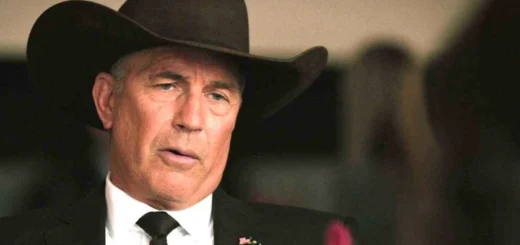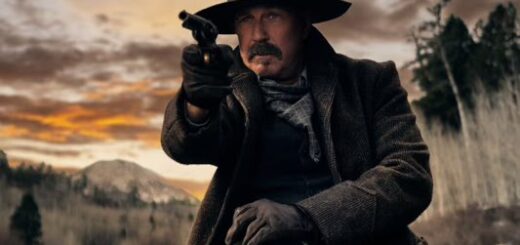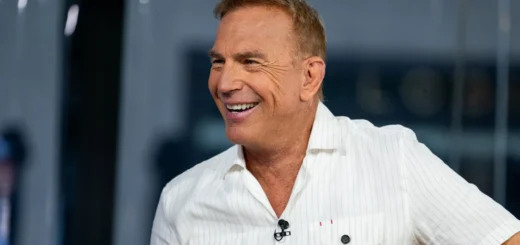“Soaring High and Falling Hard: Kevin Costner’s Film Journey”
There is self-belief, and then there is ego. For Kevin Costner, these traits often blur. In 2014, during a SAG-AFTRA Foundation career retrospective, Costner recounted receiving his SAG card. After struggling in Hollywood, director Graeme Clifford offered Costner a line in Frances, which was all he needed for membership. Costner’s reaction, dismissing the line as unworthy, reveals his deep dedication to his craft. This confidence foreshadowed his reputation for being difficult on set—a trait he’s retained throughout his career. Director Kevin Reynolds, speaking about Waterworld in 1995, suggested Costner should only work on films he directs to avoid conflicts. Despite his rocky relationships with industry figures, including a notable feud with Taylor Sheridan of Yellowstone, Costner’s star power endures. However, his summer 2024 film, Horizon: An American Saga – Chapter 1, faced disappointing box office returns, despite the ambitious $50 million budget and his substantial personal investment.
Costner’s risky investments in film often reflect his immense self-belief. This belief, whether attributed to luck or divine intervention, keeps him relevant in Hollywood. His unique blend of sports passion, stubbornness, and charisma resonates with audiences, creating a distinctive form of authenticity. His roles, such as the loving father in Field of Dreams, showcase his ability to balance earnestness with self-assurance, reflecting the American man’s contradictory desires for both Kennedy-like progressiveness and John Wayne-style ruggedness.
In Horizon, Costner explores the American West, blending classic Western tropes with a modern twist. He presents a more nuanced portrayal of Native Americans and offers complex roles for women, addressing common criticisms of the genre. However, Horizon is not revolutionary in its narrative approach but is notable for its transgressive filmmaking style. The film functions like a TV pilot, with Costner appearing only in the latter part of the movie, emphasizing the series format over traditional feature-length storytelling.


